Human trafficking is a heinous crime that strips individuals of their fundamental rights and dignity. Despite the common understanding of Human Trafficking being the buying and selling of people, there are multiple forms of human trafficking throughout Australia and the world.
The modern day types of Human Trafficking in Australia include the following:
Sex Trafficking
Sex trafficking is one of the most common forms of human trafficking in Australia. Victims, predominantly women and children, are typically coerced or deceived into the commercial sex industry. They are subjected to sexual exploitation through brothels, massage parlours, and other illicit establishments. This form of trafficking often involves the exploitation of people either newly migrated to Australia or convinced to come to Australia by the ‘trafficker’.
Labour Trafficking
Labour trafficking involves the exploitation of individuals for their labour through force, fraud, or coercion. Victims are often promised jobs and wages but end up trapped in situations of forced labour, debt bondage, or domestic servitude. Industries such as agriculture, construction, hospitality, and domestic work are particularly vulnerable to labour trafficking.
Organ Trafficking
Although less prevalent, organ trafficking is a disturbing form of human trafficking in Australia. Victims are coerced or deceived into giving up their organs, often for financial gain or to pay off debts. This illegal trade not only exploits vulnerable individuals but also poses severe health risks to both donors and recipients.
According to the Australian Institute of Criminology, estimates establish between 600 and 1,800 victims of human trafficking in Australia at any given time.
Concerningly, the Global Slavery Index 2018 ranked Australia as one of the countries with the highest estimated prevalence of modern slavery, with approximately 15,000 people trapped in various forms of exploitation.
The Australian government has taken steps to combat human trafficking through legislation, such as the Criminal Code Amendment (Trafficking in Persons Offences) Act 2005 and the Crimes Legislation Amendment (Slavery, Slavery-like Conditions and People Trafficking) Act 2021.
However, challenges remain, including identifying alleged victims, identifying and dismantling trafficking networks and addressing the causes of vulnerability, such as poverty, lack of education, and discrimination.
Recently, the Australian Federal Police (AFP) has intensified its efforts to combat human trafficking through various initiatives and operations. The AFP’s Human Trafficking Operations team coordinates investigations and works closely with domestic and international partners to dismantle trafficking networks.
One of the notable recent operations was Operation Rang Majori, a joint effort between the AFP and the Department of Home Affairs, which targeted a labour trafficking syndicate operating across multiple states.
The operation resulted in the arrest of several individuals and the identification of numerous victims who were subjected to forced labour and exploitation.
Additionally, the AFP has established the Human Trafficking Response Program, which provides specialised support services to victims, including accommodation, counselling, and legal assistance.
The Australian Government has devised a legal framework to address human trafficking offences. The primary legislation is the Criminal Code Act 1995, which criminalises various forms of trafficking, including trafficking in persons, trafficking in children, and domestic trafficking.
The maximum penalty for human trafficking offences is 25 years’ imprisonment. If the offense involves aggravating circumstances, such as subjecting a victim to cruel, inhuman, or degrading treatment, the maximum penalty can increase to imprisonment for life.
The Crimes Legislation Amendment (Slavery, Slavery-like Conditions and People Trafficking) Act 2021 further strengthened Australia’s laws by criminalising additional forms of exploitation, such as forced labour, forced marriage, and organ trafficking.
In addition to criminal penalties, the Proceeds of Crime Act 2002 allows for the confiscation of assets derived from human trafficking activities, disrupting the financial incentives for traffickers.
Despite these legislative efforts, challenges remain in effectively identifying and prosecuting human trafficking cases due to the complex nature of the crime and the vulnerability of victims.
Should you require further information or assistance please contact Jones + Associates.

